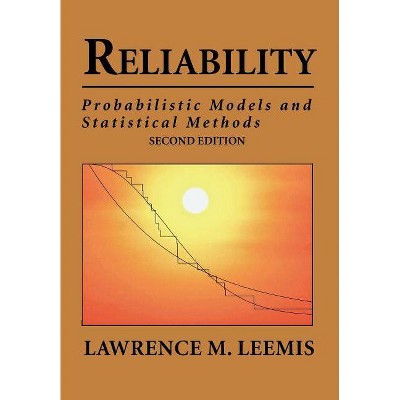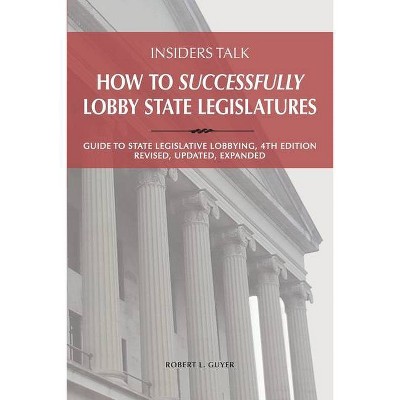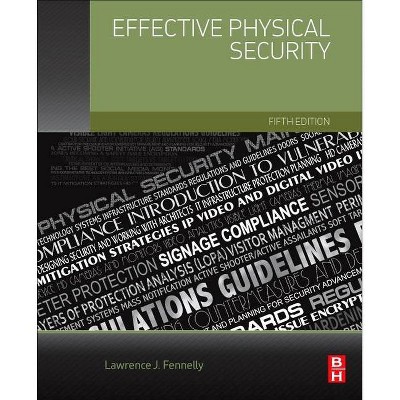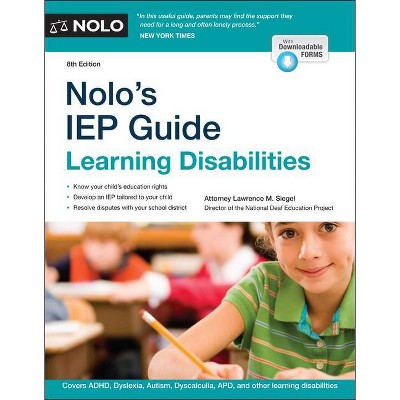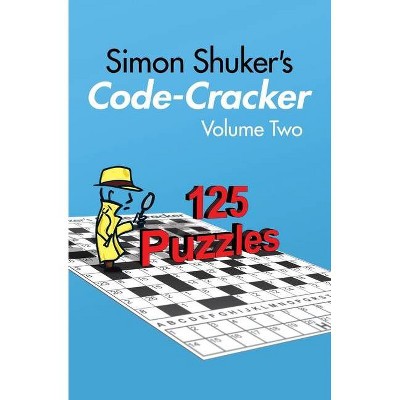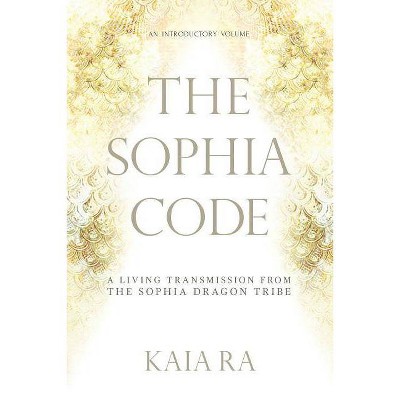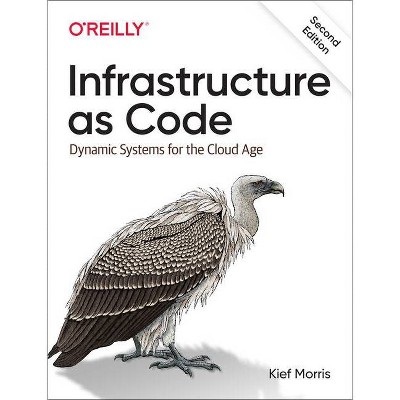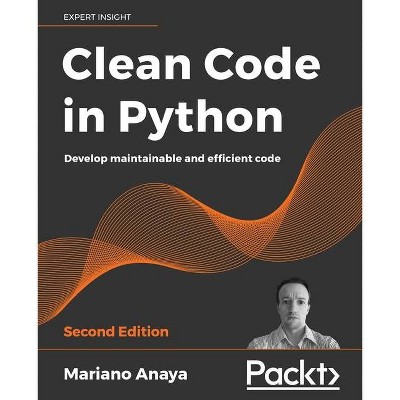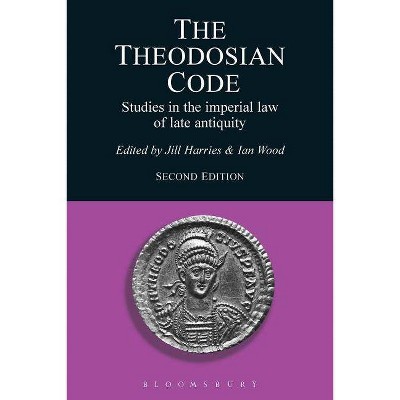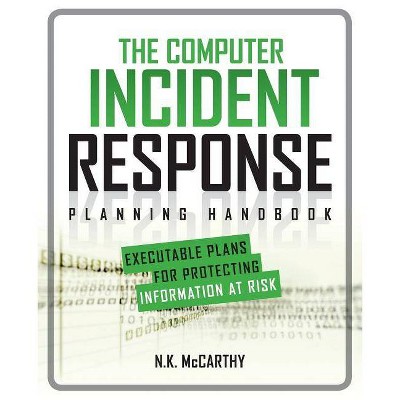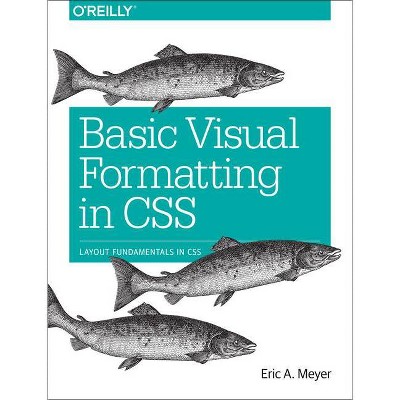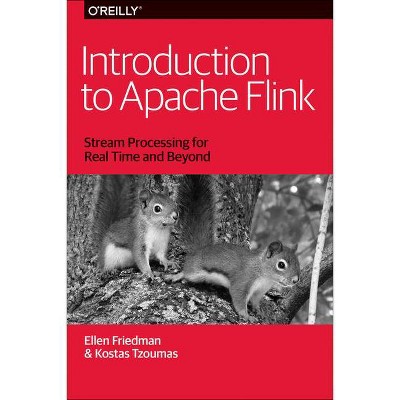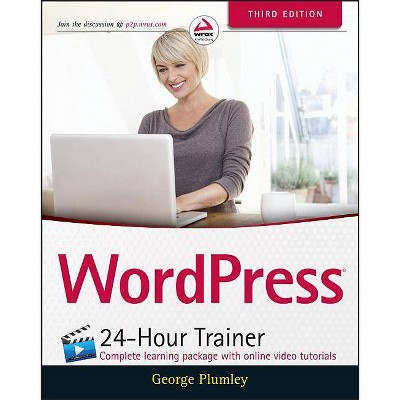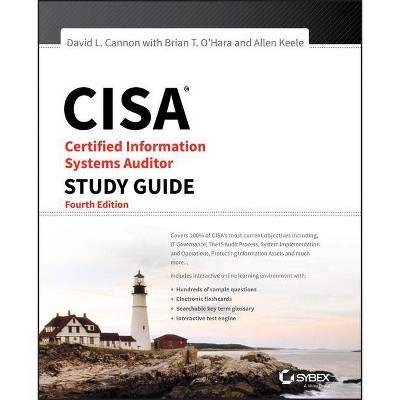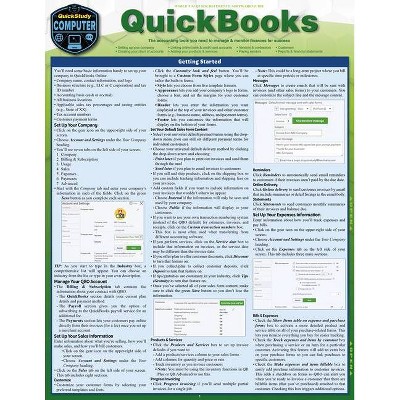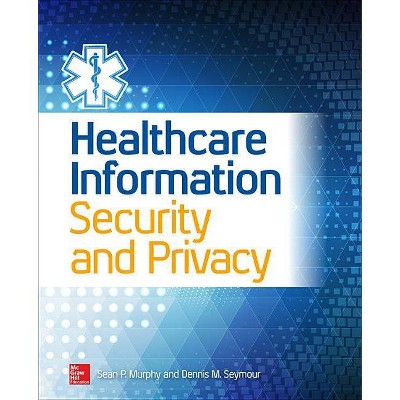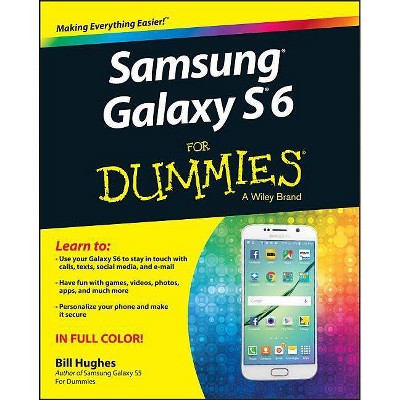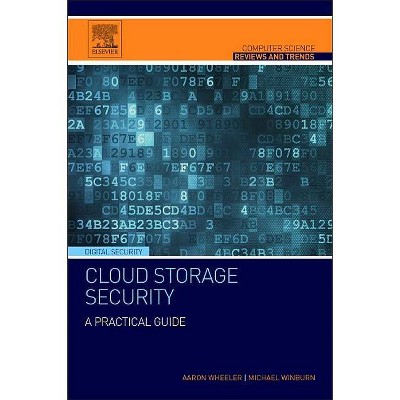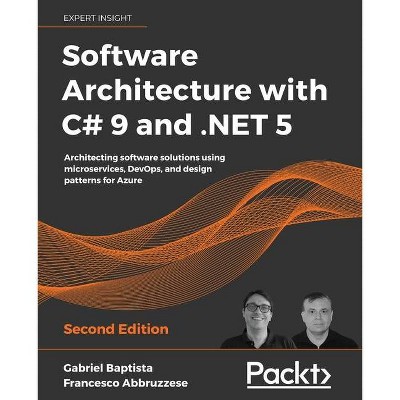Code - 2nd Edition by Lawrence Lessig (Paperback)
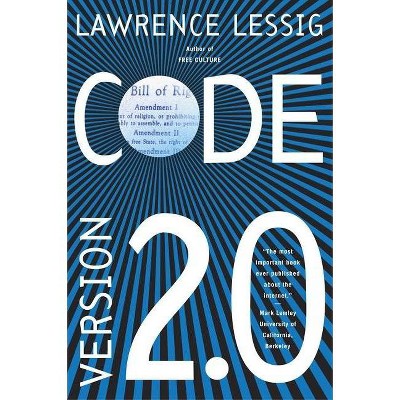
Similar Products
Products of same category from the store
AllProduct info
<p/><br></br><p><b> About the Book </b></p></br></br>This second edition, or Version 2.0, of "Code" has been prepared through the author s wiki, a web site that allows readers to edit the text, making this the first reader-edited revision of a popular book"<p/><br></br><p><b> Book Synopsis </b></p></br></br>There's a common belief that cyberspace cannot be regulated-that it is, in its very essence, immune from the government's (or anyone else's) control. <i>Code</i>, first published in 2000, argues that this belief is wrong. It is not in the nature of cyberspace to be unregulable; cyberspace has no nature. It only has code-the software and hardware that make cyberspace what it is. That code can create a place of freedom-as the original architecture of the Net did-or a place of oppressive control. Under the influence of commerce, cyberspace is becoming a highly regulable space, where behavior is much more tightly controlled than in real space. But that's not inevitable either. We can-we must-choose what kind of cyberspace we want and what freedoms we will guarantee. These choices are all about architecture: about what kind of code will govern cyberspace, and who will control it. In this realm, code is the most significant form of law, and it is up to lawyers, policymakers, and especially citizens to decide what values that code embodies. Since its original publication, this seminal book has earned the status of a minor classic. This second edition, or Version 2.0, has been prepared through the author's wiki, a web site that allows readers to edit the text, making this the first reader-edited revision of a popular book.<p/><br></br><p><b> Review Quotes </b></p></br></br><br>"[Lessig] is fast emerging as the nation's most original thinker in the new field of cyberspace."<br><br>"A book that's sometimes as brilliant as the best teacher you ever had, sometimes as pretentious as a deconstructionists' conference."<br><br>"A remarkable work on the philosophy of this new medium, his latest book asks all the big questions about the role of government, commerce and the invisible hand of technology in shaping life as it is increasingly lived online."<br><br>"In this remarkably clear and elegantly written book, [Lessig] takes apart many myths about cyberspace and analyzes its underlying architecture."<br><br>"Lawrence Lessig is a James Madison of our time, crafting the lineaments of a well-tempered cyberspace. This book is a primer of 'running code' for digital civilization. Like Madison, Lessig is a model of balance, judgement, ingenuity and persuasive argument." -- Stewart Brand<br><br>The "alarming and impassioned" book on how the Internet is redefining constitutional law, now reissued as the first popular book revised online by its readers.<br><p/><br></br><p><b> About the Author </b></p></br></br><b>Lawrence Lessig</b> is the Roy L. Furman Professor of Law and Leadership at Harvard Law School, and director of the Edmond J. Safra Center for Ethics at Harvard University. Prior to rejoining the Harvard faculty, Lessig was a professor at Stanford Law School, where he founded the school's Center for Internet and Society, and at the University of Chicago. He clerked for Judge Richard Posner on the 7th Circuit Court of Appeals and Justice Antonin Scalia on the United States Supreme Court. <p/> Lessig serves on the Board of Creative Commons, MapLight, Brave New Film Foundation, The American Academy, Berlin, AXA Research Fund and iCommons.org, and on the advisory board of the Sunlight Foundation. He is a Member of the American Academy of Arts and Sciences, and the American Philosophical Association, and has received numerous awards, including the Free Software Foundation's Freedom Award, Fastcase 50 Award and being named one of Scientific American's Top 50 Visionaries. <p/> Lessig holds a BA in economics and a BS in management from the University of Pennsylvania, an MA in philosophy from Cambridge, and a JD from Yale.
Price History
Price Archive shows prices from various stores, lets you see history and find the cheapest. There is no actual sale on the website. For all support, inquiry and suggestion messages communication@pricearchive.us
